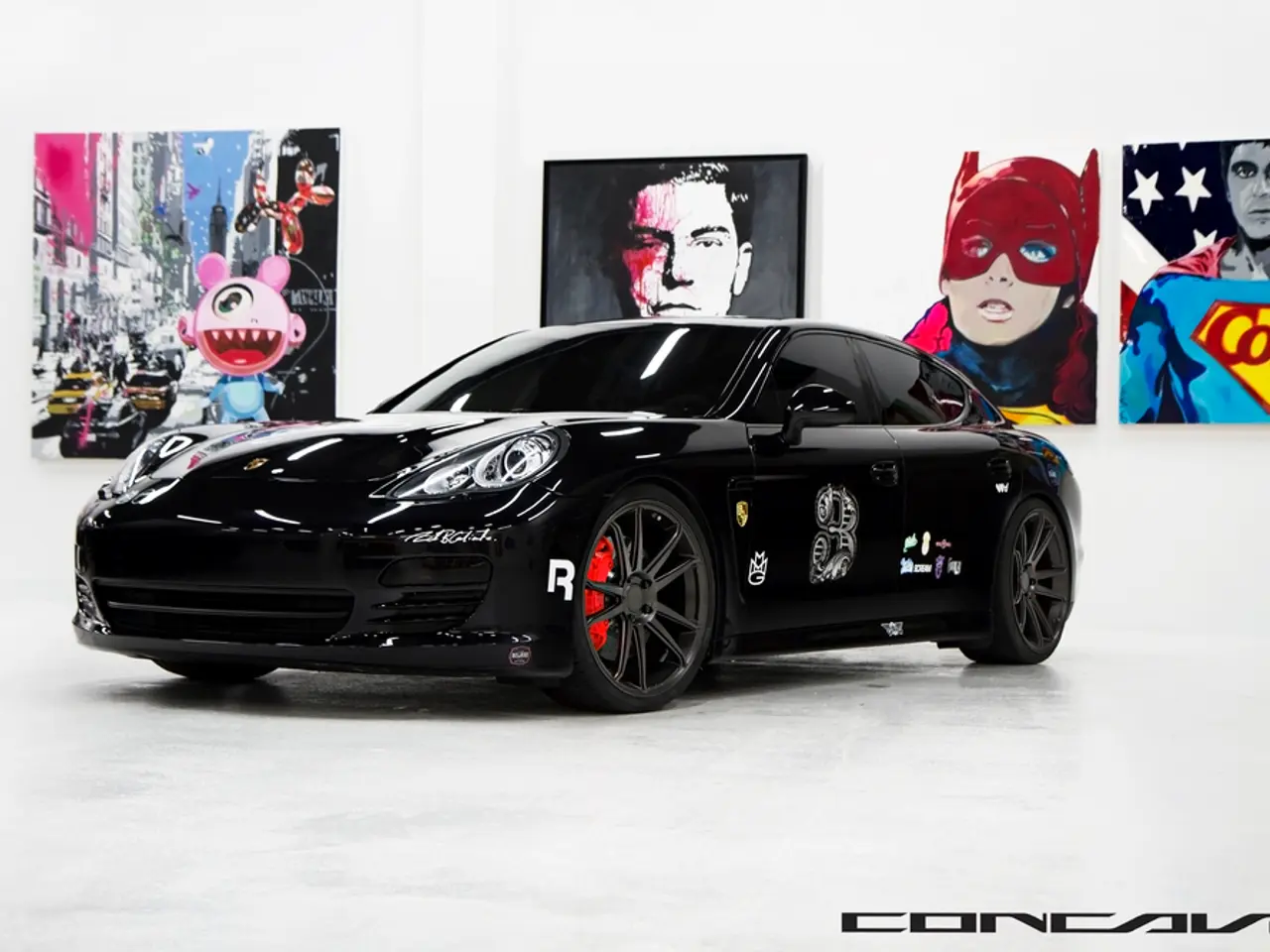EU Aims for Affordable, Compact Electric Vehicles to Persuade Skeptical Consumers
The European Commission, led by President Ursula von der Leyen, is pushing to promote small electric vehicles (EVs) as a means to convert the public and revitalize the continent's automotive industry. This initiative comes after years of stringent EU regulations that have made it challenging for Europeans to produce affordable EV city cars or entry-level internal combustion engine (ICE) vehicles.
The discussions revolve around the EU Commission and industry representatives seeking flexibility in CO2 targets and considering a new regulatory category for small electric vehicles. However, no specific companies have been identified as advocating for this demand. BMI, a Fitch Solutions company, and Inovev, an automotive consultancy, believe that adopting a vehicle segment modeled after Japan's Kei cars could give a significant boost to Europe's auto industry.
The EU's proposal for a new affordable vehicle segment is aimed at supporting the revitalization of Europe's automotive industry, which is currently facing competition from Chinese EV manufacturers who are said to have a price advantage of more than 30%. Millions of Europeans express a desire to buy affordable European cars, but the high costs of EVs and ICE vehicles have made this a challenge.
The industry advocates for the continued sale of hybrids, plug-in hybrids, and potentially combustion engines using e-fuels past 2035. However, the EU's mandate requires carbon dioxide emissions from new cars to be zero by 2035, meaning all must be battery-electric powered. This ambitious target has been criticized for overlooking the growing threat from China and has been deemed unfeasible by the auto industry.
Green groups and politicians are expected to mount vociferous opposition to any changes that could potentially harm the climate. As such, the EU's plan to incentivize small EV production must strike a delicate balance between environmental concerns and the need to revitalize the auto industry.
Stellantis, a major automaker, has publicly welcomed the EU's initiative to revive the sub-€15,000 car segment, which has seen the disappearance of affordable combustion-engine powered cars like the Fiat 500s, Ford Kas, Citroen C1s, Peugeot 108s, and Renault Twingos due to the regulations.
Inovev warns that reviving the entry-level sector may require persuasion to convince price-sensitive consumers to consider electric cars. The European Union, aware of this challenge, is planning to incentivize small EV production to make them more affordable and attractive to consumers.
As the EU moves forward with its plans, it will be interesting to see how the balance between environmental concerns and industry revitalization unfolds. The success of the initiative could determine the future of Europe's auto industry and the continent's transition to a net-zero future.








